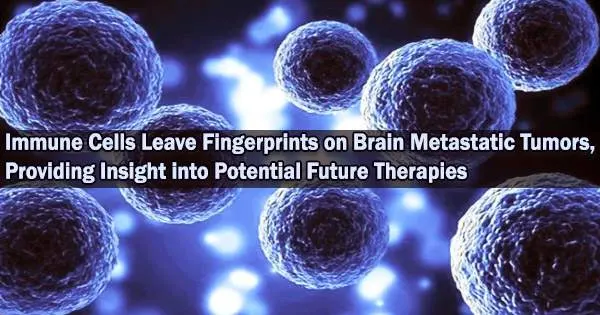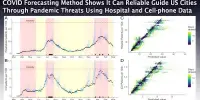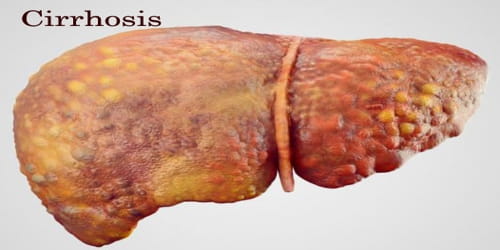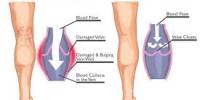Researchers from UCSF have discovered two functional archetypes of metastatic cells spanning seven different types of brain tumors, each of which contains both immune and non-immune cell types, using data from over 100,000 malignant and non-malignant cells from 15 human brain metastases.
Their research, which appeared in the February 17 issue of CELL, offers a possible roadmap for the development of metastatic tumors that may be exploited to develop medicines that are more effective for treating individuals who have metastasized.
The UCSF researchers, led by first author Hugo Gonzalez, PhD, and senior authors, Jeroen Roose, PhD, and the late Zena Werb, PhD, analyzed metastatic tumor cells (MTCs) and identified eight functional processes expressed by MTCs across seven types of metastatic brain cancer.
They discovered that these unique and complementary processes interact inside a single cell to generate two recurrent cell archetypes one inflammatory and the other proliferative that coexist within each metastatic tumor and are both molded by immune cells.
The most frequent type of brain cancer is brain metastasis, which happens over ten times more frequently than cancer that starts in the brain. Although there are now more options for treating brain metastases, there is still much to learn about how metastases originate.
To find and comprehend the recurring patterns that define the process of metastasis formation in patients, the researchers integrated high-dimensional single-cell analysis of human brain tissue metastases from various cancer types and experimental models.
Additionally, they discovered a similar metastatic niche or microenvironment as well as an immunosuppressive stroma that is loaded with T cells and macrophages that are related with metastasis and may be involved in the dynamics of the two archetypes.
“These archetypes co-exist within each metastatic tumor,” said Gonzalez. “For the MTCs that are not proliferating, these cells get reprogrammed to express genes for inflammation, stress, and other changing conditions. It’s likely that these tumor-immune interactions are shaping the state of the MTCs.”
“Zena Werb was the first person that saw the potential and feasibility of collecting human metastases and combining them with cutting-edge technologies such as single-cell transcriptomics and CyTOF,” said Gonzalez. “She believed that by analyzing human brain metastases, we could determine the relationship between these cellular processes orchestrated by MTCs and their specific microenvironments.”
Werb, a renowned expert in the field of cancer biology and associate director for basic science at the UCSF Helen Diller Family Comprehensive Cancer Center, revolutionized the field by emphasizing the crucial significance of cell local “neighborhoods” in regulating tumor development and behavior.
Her work established the foundation for the development of immunotherapy and other cutting-edge methods of cancer treatment over the period of four decades. Werb passed away in 2020 at the age of 75, but her coworkers, for whom she served as a mentor, continue to carry on her legacy.
“From the beginning, she believed in this project and encouraged me to persevere even when the collection and processing of these rare and small samples were quite difficult,” said Gonzalez. “Zena also helped orchestrate fruitful collaborations with UCSF colleagues Joanna Phillips, MD, PhD, and Matthew Spitzer, PhD, who were critical for this large project.”
Gonzalez’s work, according to Roose, served as a crucial basis for the group’s joint initiatives with the UCSF Endeavor program, which attempted to better comprehend how metastases develop when cancer cells interact with host cells that surround the tumor.
Hugo’s progress on this brain metastasis study has been immensely satisfying for Roose. “I can just see Zena walk into my office, giving us a thumbs up and a big hug,” Roose said.
















